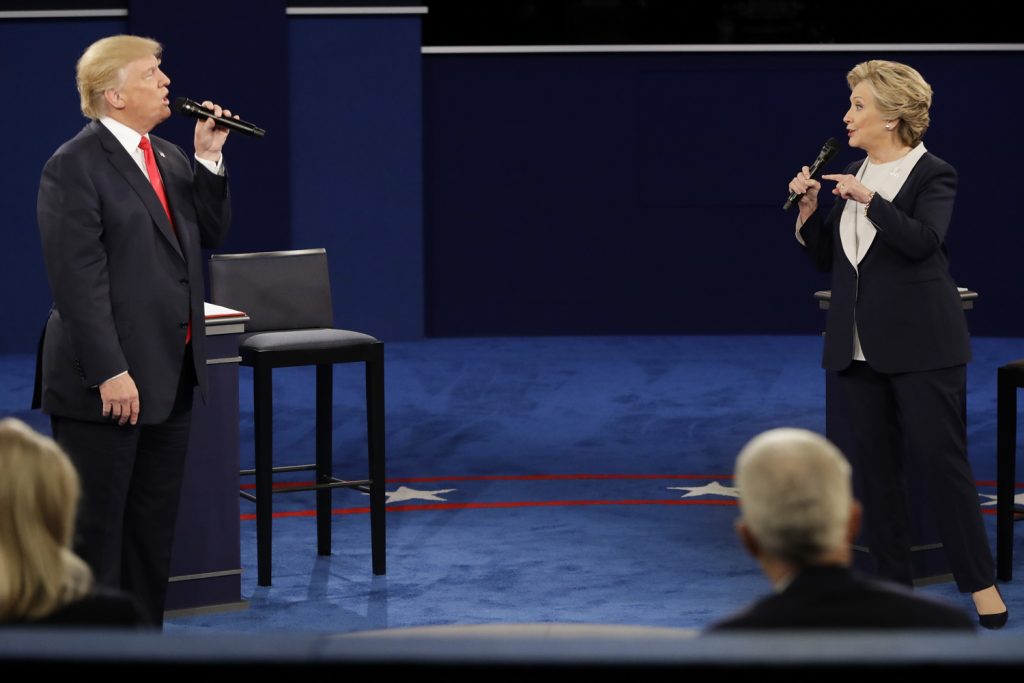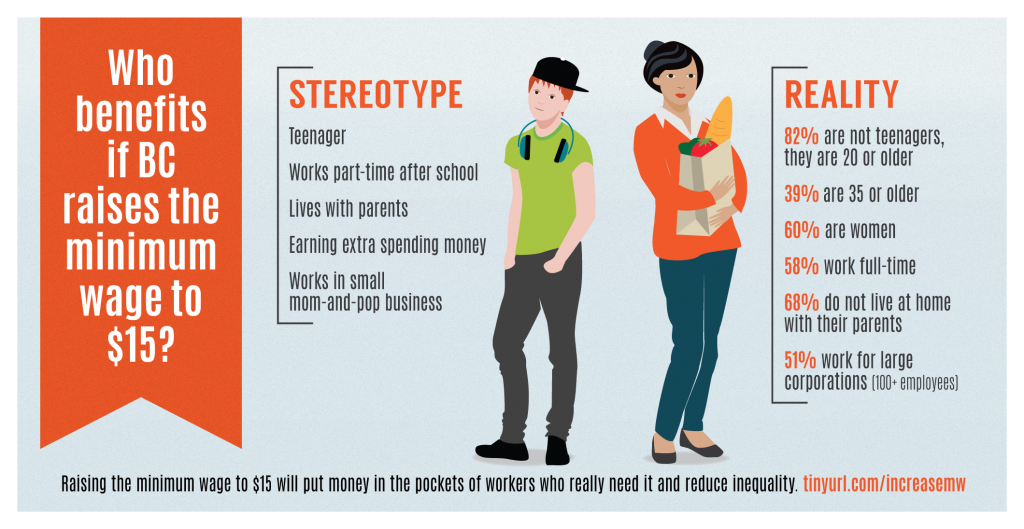
Within Canada and the United States, there has been a very rapid price hike of many pharmaceutical products in the past decade. Primarily in the United States, pharmaceutical companies have drastically increased the prices of many life-saving drugs to nearly unaffordable rates. This has sparked outrage among many people whom are depending on these life-saving drugs, and has raised questions around the ethics regarding this issue.
Calvin Chang’s blog post on Business Ethics, specifically targeting the multi-billion dollar company Mylan, the manufacturer of EpiPen®, captures the severity of the situation in regards to the pharmaceutical industry increasing prices for their consumers, emphasizing the company’s 600% price hike for the life-saving drug. Given this fact, Chang makes a very good point—that the extreme hike of these pharmaceutical products have led to many people with lower incomes to be unable to afford these necessities, asking the question, “can you really put a price on […] anyone’s life?”
Chang also discusses various ethical theories used to evaluate the approach taken by these industries, and refutes Friedman’s ideology that a business is to do whatever is in their power to maximize their profits, which in this case is what wealthy corporations are intending with their large price increases. Instead, Chang believes that Freeman’s Stakeholder Theory upholds a higher moral compass in how a business should conduct itself, by promoting a greater good and taking the interests of all stakeholders—including its consumers—into consideration.
However, it may be too simple of an argument to merely say that people have the right to lower prices of pharmaceutical drugs. As economic theory states, the lower the price of a good, the lower the incentive a firm will have to produce and sell that product. In the case of the pharmaceutical industry, business executives are not the only individuals receiving remunerations for their work, but pharmacists and scientists are also compensated for their work and research in developing new drugs to improve the health and wellbeing for everyone. Given the long and costly process to research, develop and approve a new drug, with lower prices and profit margins for drug companies, there will less of an incentive for drug companies to do so, which will negatively impact society in the long run.
Indeed, it is upsetting to see pharmaceutical companies price-gouging their consumers, and taking advantage of their need for medicine and drugs, which in the case of EpiPen®, is a necessity to life. However, the debate isn’t merely one-sided, and there needs to be discussion into how to effectively address all segments of this issue, because until then, prices will still continue to rise, and pharmaceutical executives will continue to get wealthier.
Word Count: 445
Works Cited:
http://www.fda.gov/Drugs/DevelopmentApprovalProcess/HowDrugsareDevelopedandApproved/default.htm – How Drugs are Developed and Approved
http://fortune.com/2016/07/14/big-pharma-drug-prices/ – Big Pharmaceutical Drug Prices
https://blogs.ubc.ca/calvinchang/ – Calvin Chang’s Blog
http://www.nytimes.com/video/business/100000004614154/outrage-over-epipen-pricing.html?smid=pl-share – Outrage Over EpiPen Pricing (video)
http://www.nber.org/digest/may05/w11114.html – The Effect of Price Controls on Pharmaceutical Research



